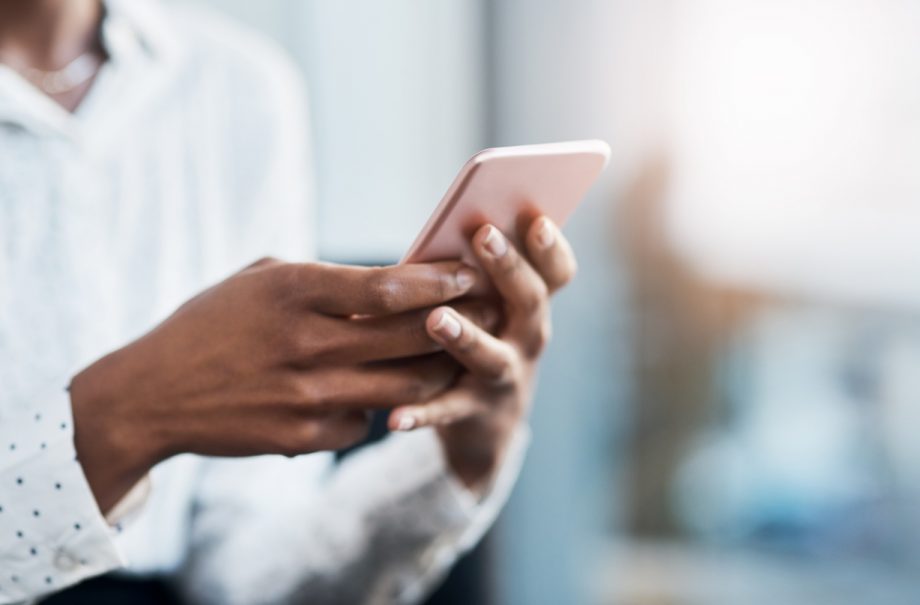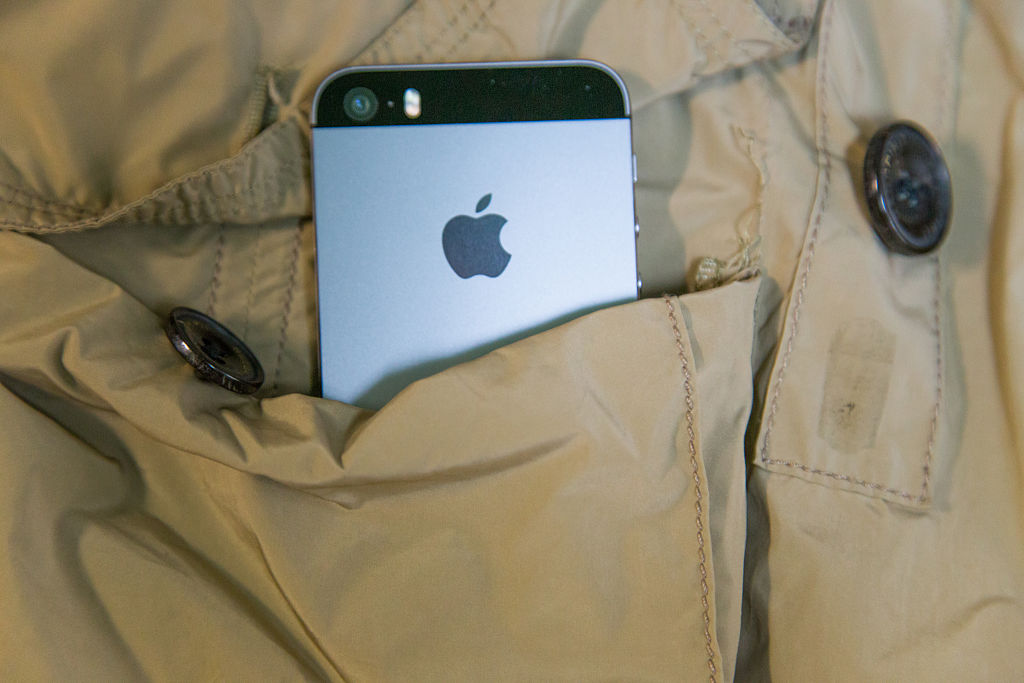WhatsApp will stop working on these popular smartphones this month


WhatsApp has billions of users across the globe, with many using it as their go-to app for instant messaging. But it will stop working on Windows smartphones from this month.
If you have a Windows smartphone, you will notice that WhatsApp can be downloaded via the Microsoft store. But from December 31st it will no longer be available.
Confirming the news, WhatsApp said, “You'll no longer be able to use all Windows Phone operating systems after December 31, 2019, and WhatsApp might not be available in the Microsoft Store after July 1, 2019.”
However, it’s not just Windows phones that are affected by the change. WhatsApp has also confirmed that some iPhones and Android devices will not be able to support the app.
If your iPhone is running software older than iOS 7, or your Android has version 2.3.7 installed, then the app will no longer be supported on your device.
The iOS and Android blocks will be taking place on February 1st 2020. Don’t panic though, as this change only affects older devices with past operating systems.
Parenting advice, hot topics, best buys and family finance tips delivered straight to your inbox.

The last iPhones to run iOS 7 were the 5S and the 5C released in 2013. This was then replaced by iOS 8 in 2014, so if you bought a device after that date then your phone won’t be affected by the change.
Android 2.3.7 is even older, and was launched in 2010. Known colloquially as Gingerbread, this was replaced by Android 3.0, also known as Honeycomb. Any modern Android devices won’t be affected.
As for Windows phones, that tech dates back all the way to 2003 and ran up until 2010. Microsoft then changed the operating system to Windows Phone OS, which their up to date phones run on.
WhatsApp justified these changes by saying, “Because we no longer actively develop for these operating systems, some features might stop functioning at any time.
"As we look ahead to our next seven years, we want to focus our efforts on the mobile platforms the vast majority of people use. While these mobile devices have been an important part of our story, they don’t offer the kind of capabilities we need to expand our app’s features in the future.
They added, “This was a tough decision for us to make, but the right one in order to give people better ways to keep in touch with friends, family, and loved ones using WhatsApp. ‘If you use one of these affected mobile devices, we recommend upgrading to a newer Android, iPhone, or Windows Phone to continue using WhatsApp.”

Lucy Buglass is a Digital Writer for What's on TV, Goodto.com, and Woman&Home. After finishing her degree in Film Studies at Oxford Brookes University she moved to London to begin her career. She's passionate about entertainment and spends most of her free time watching Netflix series, BBC dramas, or going to the cinema to catch the latest film releases.